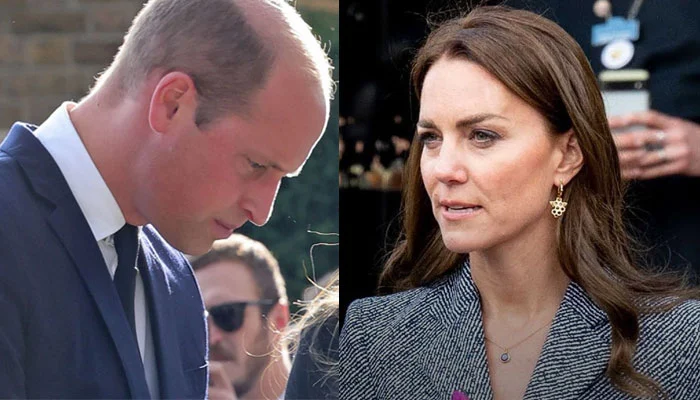
In the heated atmosphere surrounding the British royal family, Prince William, the Duke of Cambridge, recently made headlines with a pointed remark about his role and responsibilities. During a public engagement, he expressed his unwavering commitment to his duties, emphasizing that “if not her, nobody” would fulfill the role expected of him.
William’s comments reflect not only his dedication to the monarchy but also a subtle acknowledgment of the pressures and expectations placed upon him and his wife, Catherine. As they navigate their positions in a rapidly changing royal landscape, the couple has faced scrutiny over their public image and private lives.
This declaration comes at a time when the royal family is grappling with public perception and the impacts of modern media. William’s fierce defense highlights his belief in the necessity of a stable royal presence amidst ongoing challenges, both internal and external. His words resonate with many who view the monarchy as an institution that needs both tradition and evolution to survive.
Critics argue that such sentiments might come off as exclusionary, suggesting that the royal family relies too heavily on individual members rather than fostering a broader sense of collective responsibility. Nevertheless, William’s assertion underscores his commitment to the values and continuity of the institution, reinforcing the idea that he and Catherine are pivotal in shaping its future.
As the Duke of Cambridge steps further into his role, his words serve as a reminder of the weight of expectation on his shoulders. The royal family’s relevance depends not just on tradition, but on their ability to adapt and resonate with a contemporary audience, ensuring that they remain not only figures of historical significance but also relatable leaders in modern society.







